In a new episode of the Well Enough podcast Neom founder Nicola Elliott revealed her golden rules for self care. She also highlighted the importance of looking after yourself and detailed her experiences with burnout and launching the Neom brand. In conversation with Rebecca Moore, author of the book Radical Self Care, and podcast host Emilie Lavinia, Elliott explained that for her, preventing her panic attacks was less about yoga retreats and more a case of thinking about her everyday habits.
The term “self care” is often deemed impractical, even frivolous by some. But according to experts like Moore, it’s an essential part of living that’s often misunderstood and underutilised. Self care, she explains, is the term we use for “the ways that we intentionally tend to our selves, through practices through rituals, through our habits to nurture our physical, mental, emotional and physical wellbeing.
“By practicing self care we build inner resilience, which means that we are better resourced to face the inevitable challenges that come up in life. But also as a way to thrive. Sometimes I think we talk about self care as a way to survive or to get through something, but it’s also just a way we maintain and resource ourselves to thrive in our lives.”
The episode, which unpacked whether self care has begun to lose its meaning as brands adopt it as a slogan and whether good health seems to depend more on what a person shops for than their habits, featured simple accessible tips from Elliott and Moore on how to incorporate self care practices into daily life.
It also asked whether we tend to think of self care and taking care of oneself as gendered. Is self care something that only women are encouraged to embrace? Elliott pointed out that the majority of the Neom customer base is female and that in the UK, women still make the majority of household purchasing decisions. She asked, “do we feel that it’s our role to create that [calm] zone and we are responsible for that?”
Moore suggested that self care is essential for preventing burnout, regardless of the job you do, how you identify and the lifestyle you lead. “these entry points are really important,” she explained. Her book, Radical Self Care: Rituals for inner resilience, contains lessons and exercises that can help support anyone to feel calmer, more grounded and more connected to what matters, despite the stresses and anxieties of life.
“All of these tools and practices of self discovery, there’s nothing in there that takes more than ten minutes,” she says.
Elliott was also keen to point out that: “there is no silver bullet and I absolutely believe that no brand, no gym, no water bottle, no ice bath, no Neom can say, ‘there you go, that’s the answer.’ That’s when you tip into this being wrong and prescriptive.
“I think if you can present something as a piece of a toolkit, a way of breathing or a retreat you can go on, a book you can read – a piece of information. If you can say hey, there’s also other bits and pieces around that can crate a richer toolkit for you.”
Both guests shared their wellness non-negotiables in the episode and Elliot also laid out practical advice from wellbeing experts who had contributed to her book – The four ways to wellbeing. The pillars that she focuses on in the book as essential to self care are sleep, stress, energy and mood.
The episode also explored certain aspects of the wellness industry that can often feel distracting and misleading, rather than supportive of good health. Host Emilie Lavinia asked both guests about the pressure consumers often feel to buy more accessories that might improve wellbeing and how self care is often predicated on tools, rather than habits.
“It’s not about consumerism, it’s about connection,” explained Moore. “I think when it becomes too prescriptive we can start to think that we’re doing something wrong or we’re not doing enough if we’re not keeping up with the latest trends or we don’t have the latest accessories or the outfits. And it’s really not about that. It needs to be stripped back down and simplified.”
Moore also pointed out the distinction between following one’s impulses and doing what will feel good long term and how self care and self love are often equivalent in this sense.
Elliot also highlighted the individual and very personal nature of self care and how her rituals and inspirations might look very different from those of others.
“My own brand of self care probably is a bit tough lovey. I’m probably the person who’ll be targeted with the get up and go kind of mantras. Because thriving for me is a balance of achieving and running the business and that being a success and squeezing quite a lot out of the day, but then also having the flip side of that. The form of self care that allows me to achieve that. That’s what my toolkit looks like.
“Like everything in life, it’s the balance and that’s what we come back to. It’s not surviving, it’s thriving.”
Listen to the episode here and watch the full episode here. Well Enough is available wherever you get your podcasts.
Enjoying this? Sign up to the Well Enough newsletter by Emilie Lavinia for fresh wellbeing insights weekly

.jpeg)
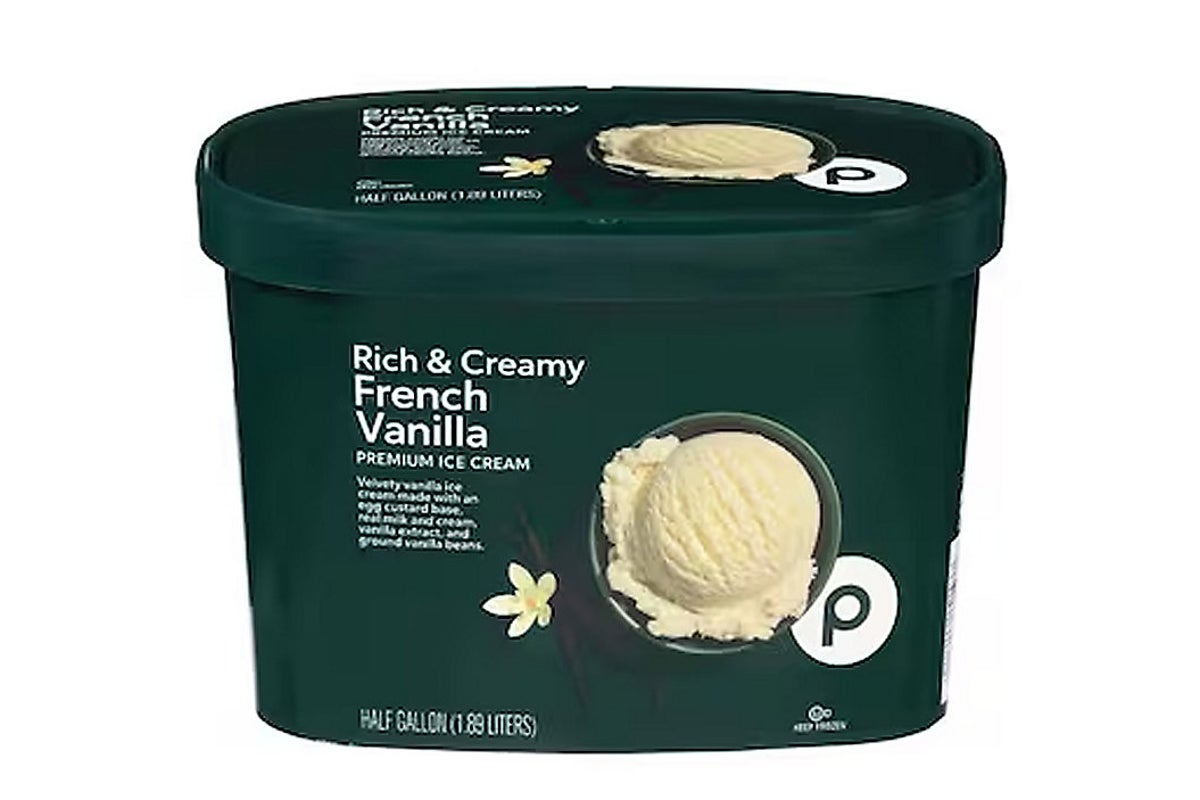
-shakes-hands-with-Russias-President-Vladimir-Putin-next-to-US-First-La.jpeg?trim=0,40,0,39&width=1200&height=800&crop=1200:800)




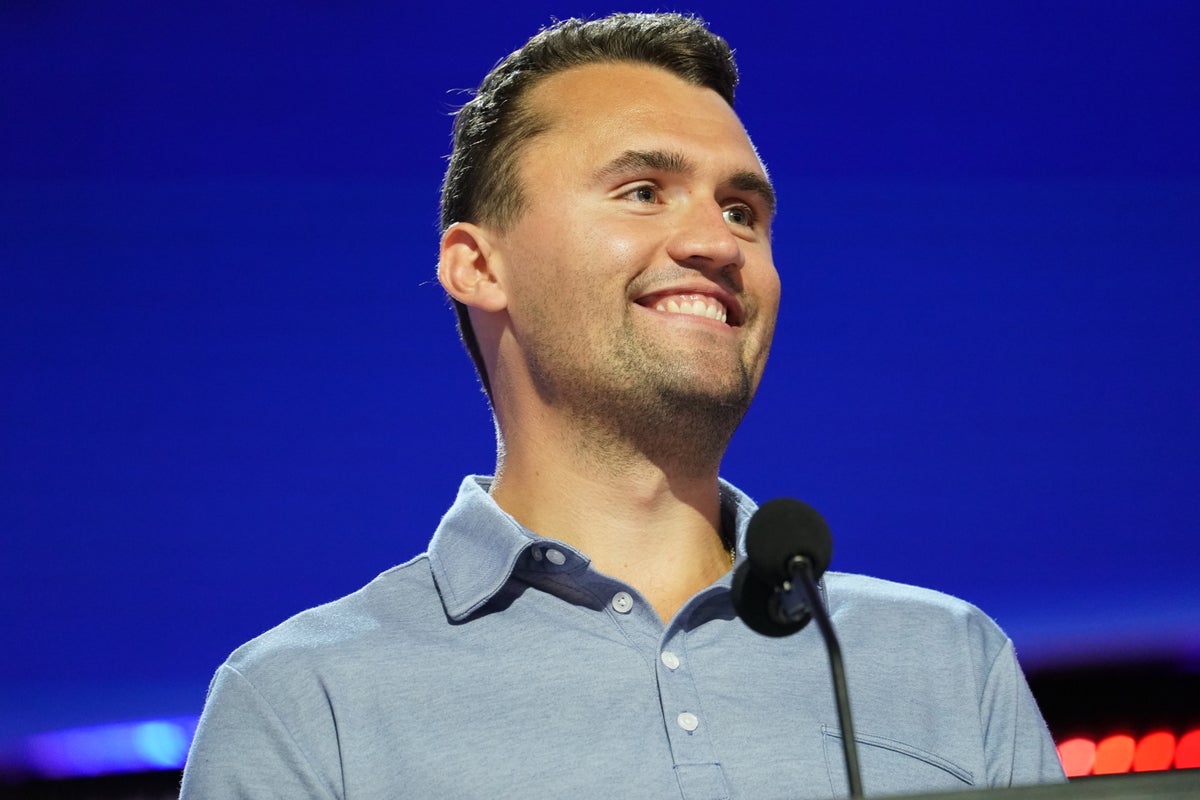
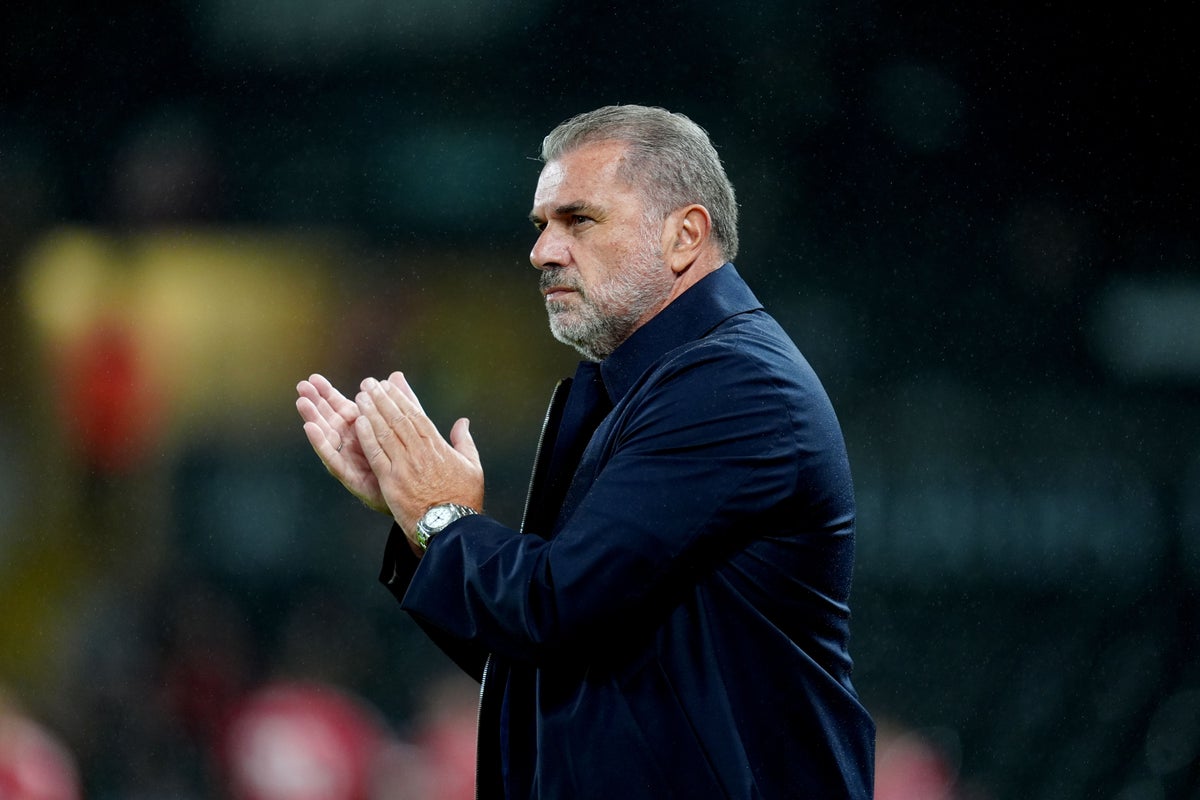




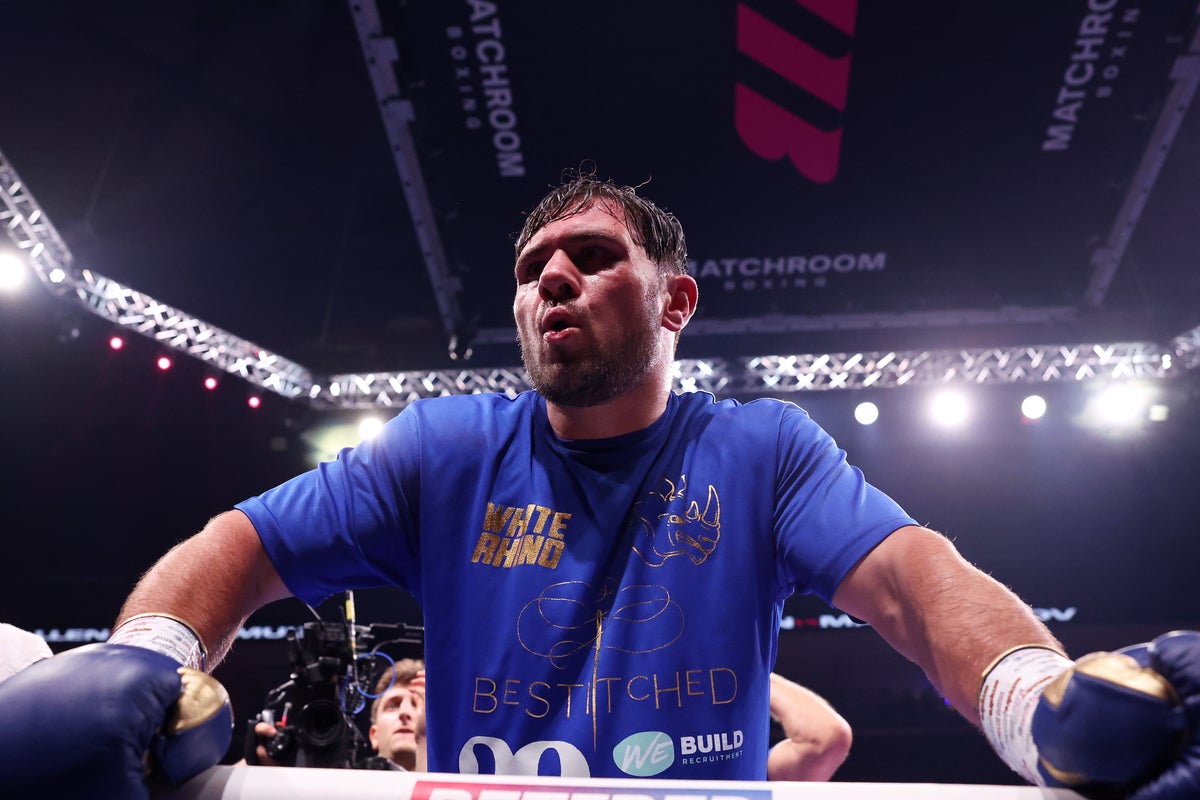





.jpg?width=1200&height=800&crop=1200:800)




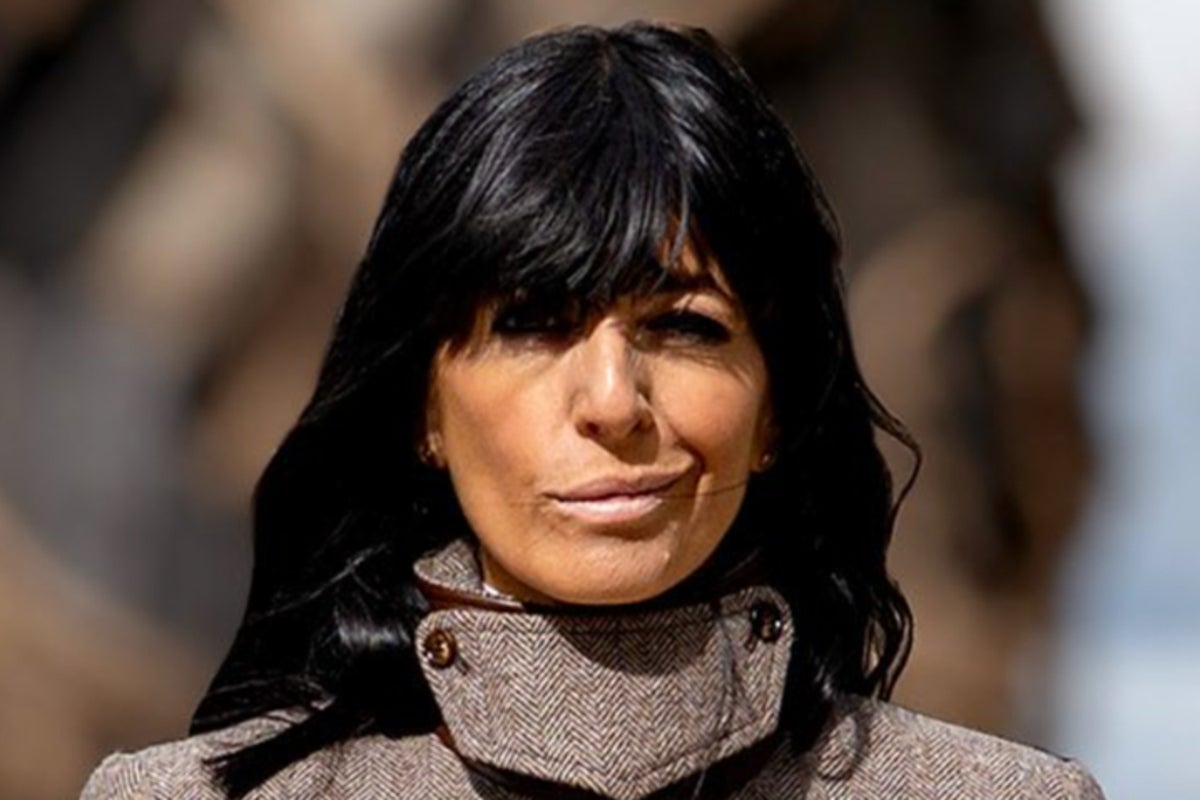







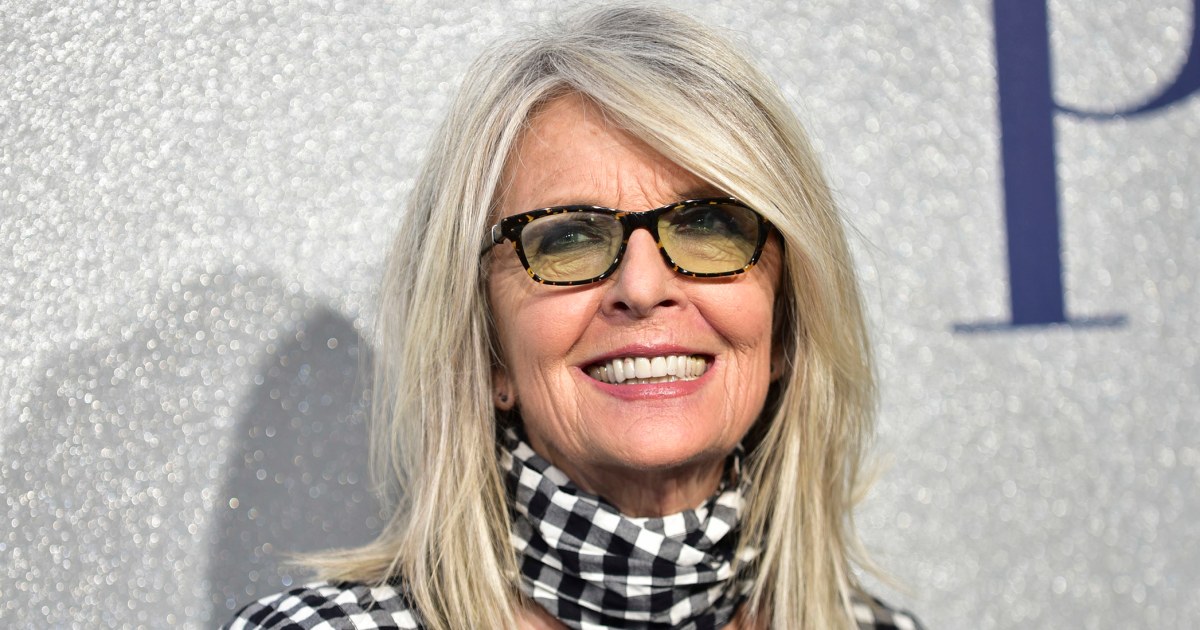





 English (US) ·
English (US) ·